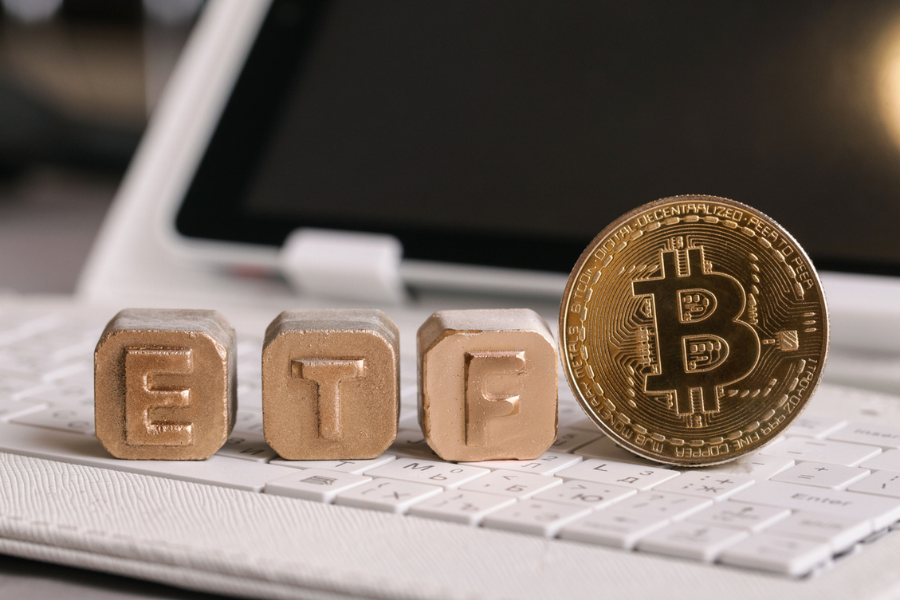

Investors are piling into Bitcoin exchange-traded funds, betting the supply overhang that’s pushed the token lower in past weeks has created a buying opportunity.
US Bitcoin ETFs have seen a net inflow of $438 million over the past two trading sessions, data compiled by Bloomberg show. The original cryptocurrency has tumbled about 20% since early June, squeezed by concerns that creditors of failed exchange Mt. Gox will start to offload tokens the estate is distributing.
“So many investors still don’t own Bitcoin, and that underpins the long-term bull case,” Charlie Morris, chief investment officer at ByteTree, wrote in a note. “This supply storm will soon pass.”
Bitcoin’s decline from its March record accelerated last week after Mt. Gox’s administrators started the process of returning about $8 billion worth of the token to creditors. At the same time, German police started selling some of the 50,000 Bitcoin it had seized earlier from a piracy website.
Bitcoin rose as much as 2.6% on Tuesday to $57,723, but it remains some $16,000 below March’s record high.
“Supply has been a big concern and the known overhang from the liquidation related to Mt. Gox and the German Federal Criminal Police Office – that said, the markets know there is an endpoint to the liquidation of these coins,” Chris Weston, head of research at Pepperstone, wrote in a Tuesday note.

Relationships are key to our business but advisors are often slow to engage in specific activities designed to foster them.

Whichever path you go down, act now while you're still in control.

Pro-bitcoin professionals, however, say the cryptocurrency has ushered in change.

“LPL has evolved significantly over the last decade and still wants to scale up,” says one industry executive.

Survey findings from the Nationwide Retirement Institute offers pearls of planning wisdom from 60- to 65-year-olds, as well as insights into concerns.
Streamline your outreach with Aidentified's AI-driven solutions
This season’s market volatility: Positioning for rate relief, income growth and the AI rebound
